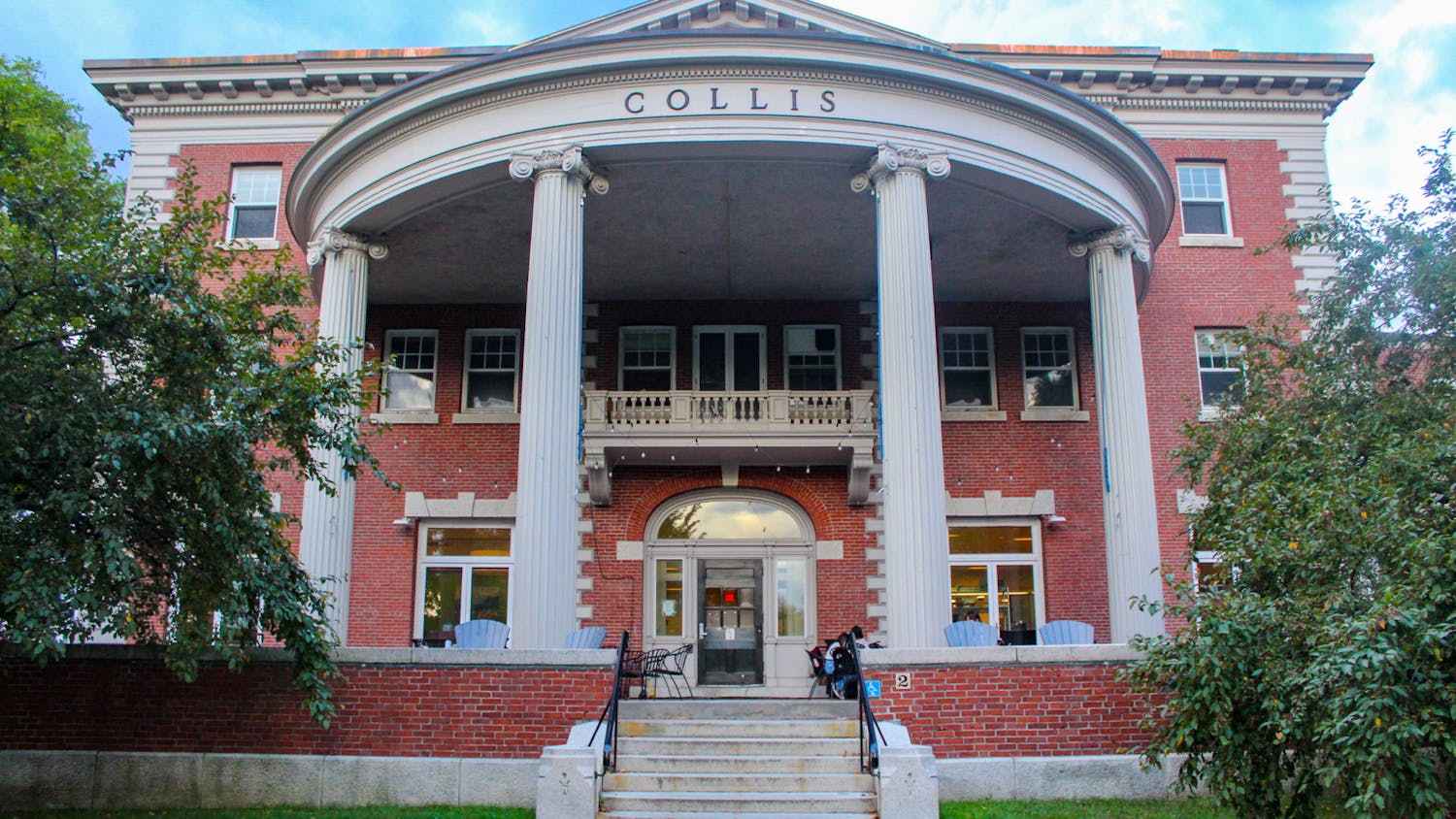The National Institutes of Health granted the College $18 million for translational research through its Clinical and Translational Science Award program, the College announced Monday. The grant will be matched by an additional $20 million from the Geisel School of Medicine and Dartmouth-Hitchcock health system, totaling $38 million for Dartmouth's efforts to make clinical studies applicable to patient care.
The five-year grant will fund Dartmouth Synergy, the College's clinical and translational science institute, which consists of a collaborative effort among scholars, researchers and clinicians from across Dartmouth's institutions. The institute aims to help investigators amplify and translate their work into clinical practice, director and Geisel psychiatry department chair Alan Green said. Synergy, which Green said backs the "infrastructure" supporting translational research at the College, will use the funds to "break down barriers that need to be broken down to build the infrastructure that we need."
Dartmouth is the first institution in the state to receive the NIH award.
"This $38 million public and institutional investment is a game-changer for Dartmouth," College President Phil Hanlon said in a statement. "It will transform our capacity to innovate and produce research that makes a difference in people's health and lives."
The award will benefit DHMC patients as scientific discoveries are converted to clinical practice, DHMC chief executive officer and health system president James Weinstein said in a statement.
Green said he thinks it is important that Geisel and DHMC matched the federal funding because it provides Synergy with a greater base of support.
"This institution is extremely interested in translational research and wants to put resources together to really understand and grow research at Dartmouth," he said.
The award program does not target a single disease, but rather serves as a mechanism to translate laboratory ideas into patient care, Green said. In this way, it mirrors the efforts of translational research.
"Translation is in a sense a circle and it can go from populations back into basic laboratories and from basic laboratories back into populations," Green said.
With the award, Dartmouth enters the award program's consortium, a group of 60 medical research institutions that share resources and access to data, research ideas and technology. Shared resources include large population databases that may aid Dartmouth's translational research by increasing access to widespread clinical results.
The College joins Columbia University, Cornell University, Harvard University, the University of Pennsylvania and Yale University in the network.
The institutions in the consortium are interested and successful in translational research, Green said.
Synergy will share practices with the network members and join in subgroups to study particular problems, aiming to learn and work together to accelerate discovery, he said.
Synergy's administrators applied for NIH funding as they began to shape the program two years ago.
The research funded by the grant will be conducted in the new Williamson Translational Research Building at Geisel, which is under construction and expected to house Synergy beginning in 2015.



